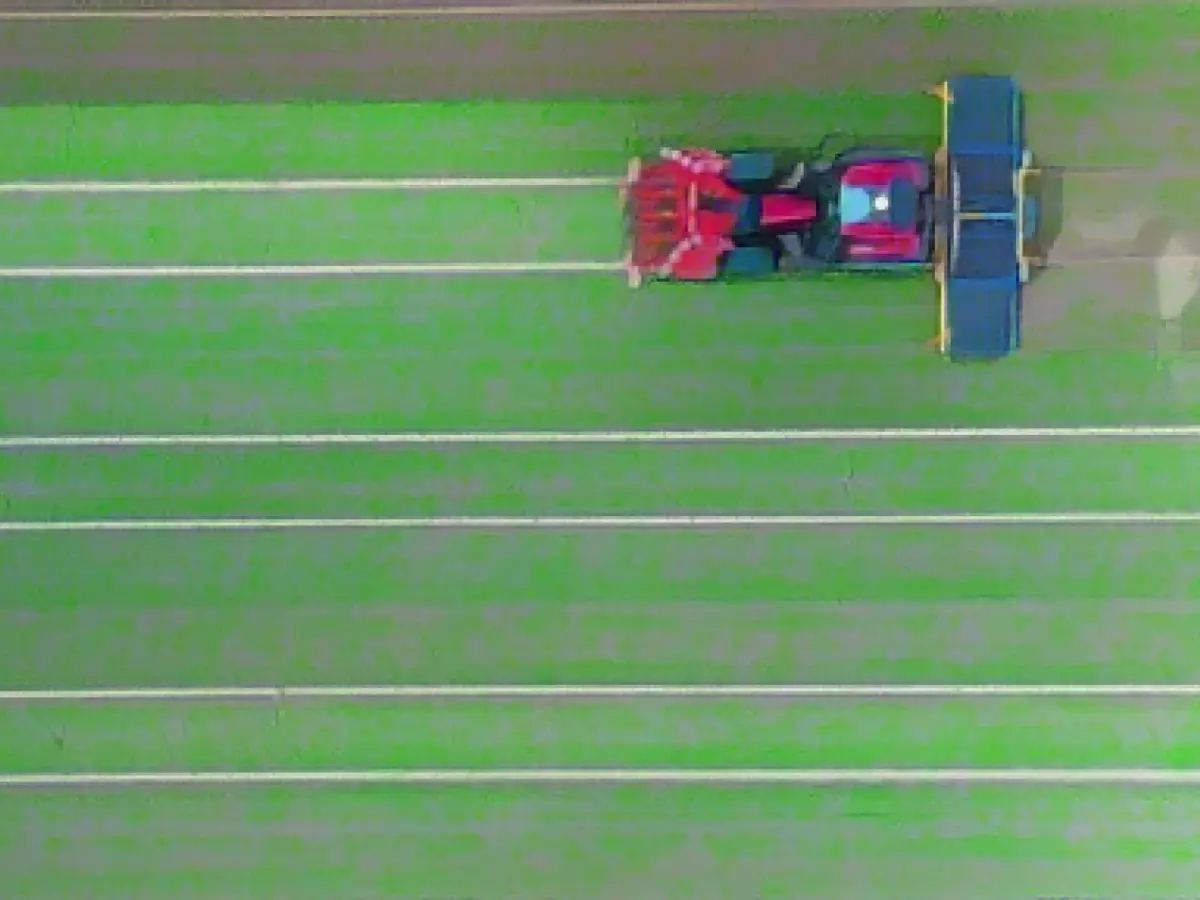Farmers Cry Foul Over Potential Agricultural Diesel Aid Cancellation
In response to rumors of tax concession scrapping on agricultural diesel in the energy tax, the Brandenburg State Farmers' Association (LBV) has voiced intense opposition. According to LBV President Henrik Wendorff, the rural corner of Teltow would be adversely affected, as higher primary production costs would ripple down to storage, logistics, distribution, and processing sectors. This surge in costs could potentially drive up food prices, especially for organic farming with a substantial presence in Brandenburg.
Upheaval and Increased Challenges for Organic Farmers
Organic farming's high mechanical tillage requirements and propensity to rely on diesel for critical operations make it particularly vulnerable to the potential elimination of agricultural diesel aid. Consequently, the sector could undergo significant upheaval and face secondary challenges, such as reduced crop yields and crop quality exacerbated by the need for more intensive farming practices.
Hurdles in Adapting to Climate Change
The proposed elimination of agricultural diesel aid also raises quandaries regarding farmers' capacity to adapt to climate change, including the widespread cultivation of drought- and heat-resistant crops. The absence of subsidies could hinder these efforts and stem development of more sustainable agricultural practices.
Economic Burdens and Consumer Consequences
The German Farmers' Association asserts that the proposed discontinuation of agricultural diesel aid amounts to an intolerable burden for farmers, as agriculture plays a pivotal role in the country's economy. Additionally, consumers relying on organic produce for health reasons may be affected by subsequent food price increases.
Broader Impact on Agriculture Sector and Society
Farmers' protests against the proposed elimination of agricultural diesel aid further underscore broader discontentment with the German government's handling of agricultural regulations and requirements. Should the government pursue this policy, economic instability and social unrest might ensue, potentially resulting from the agricultural sector's inability to withstand further burdens without adequate compensation.
Environmental Consequences and Future of Sustainable Farming
Organic farmers in Brandenburg prioritize eco-friendly farming practices, such as maintaining soil health and boosting biodiversity. Eliminating agricultural diesel aid could compel organic farmers to adopt unsustainable methods, which runs counter to Germany's goal of reducing greenhouse gas emissions in agriculture.
Ensuring Food Security and Sustainable Practices
The proposed elimination of agricultural diesel aid in the 2024 Federal Budget presents multiple challenges to organic farming in Brandenburg and broad implications for food safety, environmental concerns, and the larger agricultural sector. Sustainable farming practices continue to be essential, and the need for continued support to ensure food security and protect the environment cannot be understated.
References:
(Note: The enrichment data has been integrated into the base article to provide a more comprehensive understanding of the issue.)








